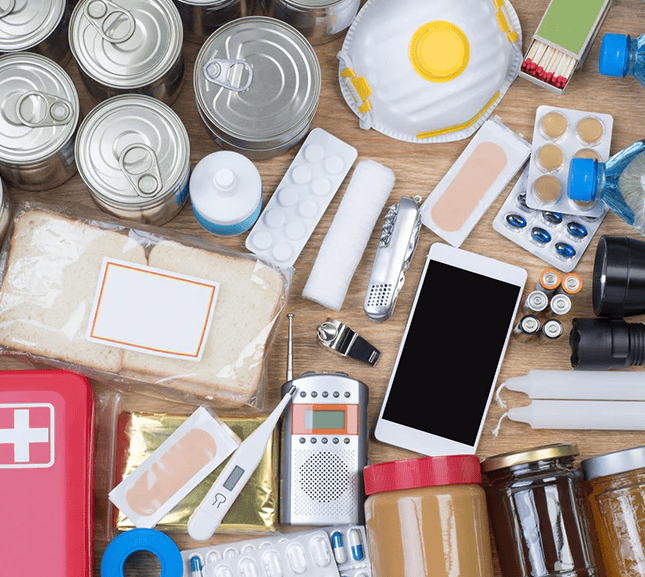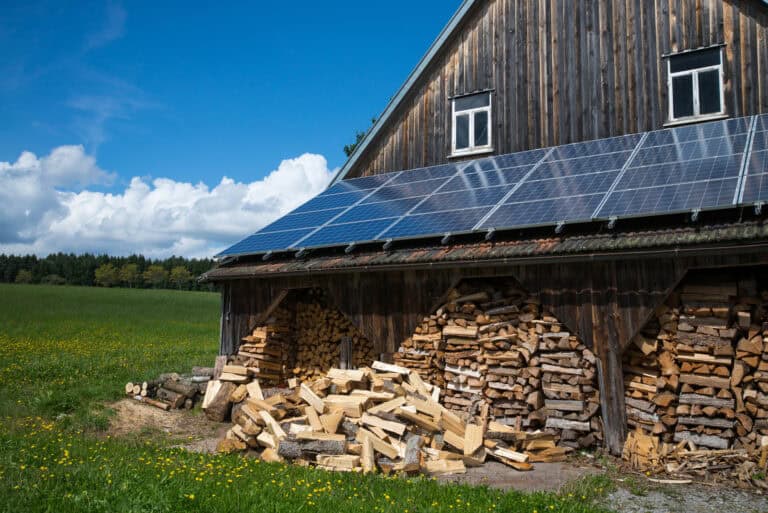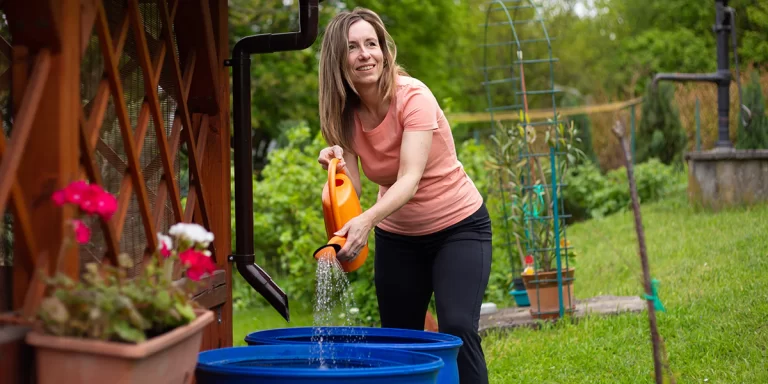Top 10 Survival Skills Everyone Should Learn For Emergency Situations
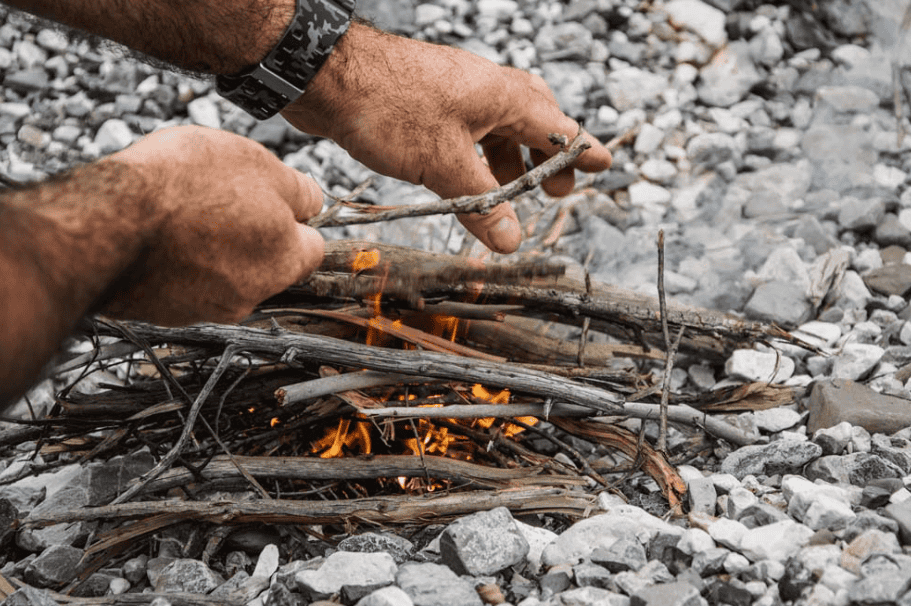
In a world full of uncertainties, knowing the top 10 survival skills can mean the difference between life and death during emergencies. From basic first aid to building shelter, these skills equip you to handle any crisis with confidence. While some may rely on luck, being prepared sets you apart as a capable and resilient individual. Stay ahead of the curve by mastering these essential survival techniques that could save your life when least expected.
Preparing Your Survival Kit
Emergency Blankets
Emergency blankets are essential in survival situations for maintaining body temperature and preventing hypothermia. They are lightweight and compact, making them easy to pack.
Tools
Including versatile tools like a multi-tool or a survival knife in your kit can aid in various tasks such as cutting branches for shelter or opening cans for food.
Mental Resilience
Building mental resilience is crucial for surviving challenging survival scenarios. It helps individuals stay calm and focused, increasing their chances of making rational decisions.
Essential Gear
Having the right gear, such as a fire starter, water purification tablets, and a flashlight, is a good idea to ensure you are prepared for any situation that may arise.
First Aid Supplies
Including first aid supplies like bandages and antiseptic wipes can help treat minor injuries and prevent infections in emergency situations.
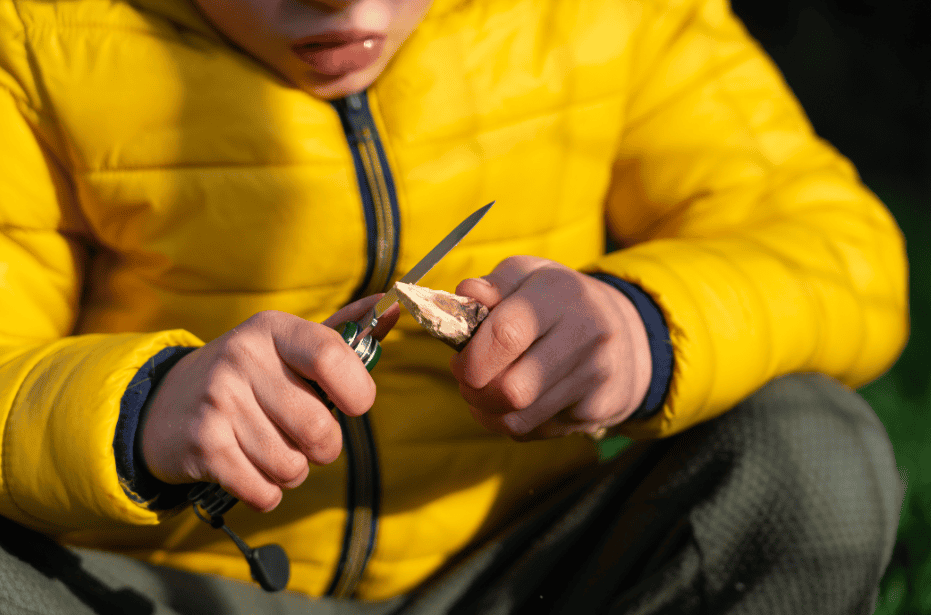
Mastering Navigation Skills
Practice Techniques
Practice tying knots to secure shelters and gear. Regularly practice using a compass for navigation in different terrains.
Developing Strategies
Develop strategies to navigate without tools in case of emergencies. Learn to identify cardinal directions using the sun or stars.
Acquiring Knowledge
Acquire knowledge about different terrain features like rivers, mountains, and valleys. Understand how these areas can impact your navigation.
Making Decisions
Make quick decisions during emergencies by assessing surroundings and choosing the best path. Prioritize safety when making decisions on which route to take.
Cultivating a Survival Mindset
Cultivate a strong mindset focused on staying calm and collected during stressful situations. This mindset is crucial for effective navigation.
Shelter and Fire Basics
Building Shelter
When faced with an emergency situation, shelter is crucial for protection from the elements. Building a shelter can be as simple as using branches and leaves to create a makeshift structure. Remember, the shelter should be sturdy and provide insulation.
Starting a Fire
Learning how to start a fire is essential for staying warm and cooking food in survival situations. Begin by collecting dry wood, leaves, and kindling. Use a fire starter or friction method to ignite the fire. Practice proper fire safety to avoid accidents like burns.
Ground Preparation
Before starting a fire, ensure you have a safe area for it. Clear away any ground debris that could catch fire and create a ring of rocks to contain the flames. This prevents the fire from spreading uncontrollably.
Fire Maintenance
Once your fire is lit, maintain it by adding wood gradually to keep it burning steadily. A well-maintained fire provides warmth, light, and can even serve as a signal for rescuers. Remember to extinguish the fire completely before leaving the area.
Finding Food and Water
Fishing
Fishing is a crucial skill for obtaining food in survival situations. Utilize improvised tools like traps or nets to catch fish.
Water Sources
Knowing where to find water sources is vital. Look for natural water sources such as rivers, lakes, or streams. Remember to purify water before consumption.
Edible Plants
Identifying edible plants can provide essential nutrients. Learn to recognize common wild plants that are safe to eat.
Hunting
Hunting small game can supplement your food supply. Use basic weapons like spears or bows and arrows.
Cooking Techniques
Mastering cooking techniques over an open fire is essential. Practice cooking food thoroughly to avoid illnesses.
Handling Emergencies and Health
First Aid Basics
Basic first aid skills are crucial in emergencies. Knowing how to perform CPR or stop severe bleeding can save lives.
Learning these skills equips you to handle various health crises effectively. Being prepared can make a significant difference in emergency situations.
Mental Health Support
Mental health is equally important during emergencies. Providing emotional support and reassurance can help individuals cope better.
Ensuring mental well-being is essential for overall health and safety. Addressing psychological needs is key in crisis management.
Summary
You’ve now learned the top 10 survival skills crucial for emergency situations. From preparing your survival kit to mastering navigation, shelter, fire basics, finding food and water, and handling emergencies and health, you’re well-equipped to face unexpected challenges. Remember, practice makes perfect, so honing these skills regularly will ensure you’re ready when needed most. Stay proactive in enhancing your survival prowess and share this knowledge with others to create a resilient community.
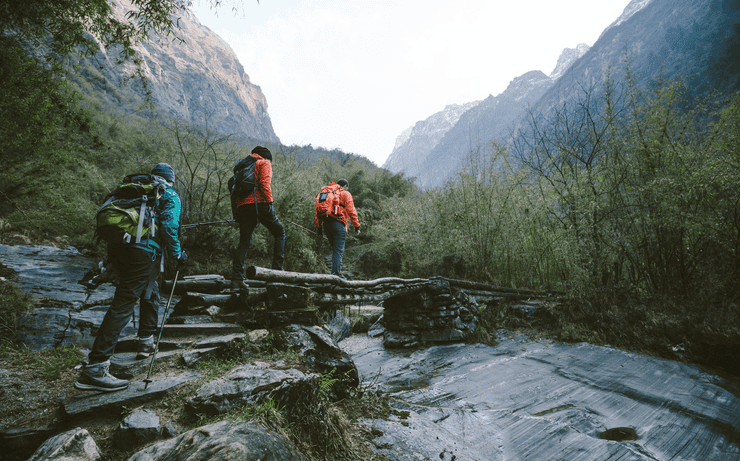
Frequently Asked Questions
What should I include in my survival kit?
In your survival kit, include essentials like water, food, first aid supplies, multi-tool, flashlight, fire starter, emergency shelter, and navigation tools. Customize the kit based on your needs and location to ensure you are prepared for any emergency situation.
How can I improve my navigation skills for survival situations?
To master navigation skills, practice using a map and compass regularly. Learn how to identify landmarks, read topographic maps, and understand basic orienteering techniques. Familiarize yourself with GPS devices and smartphone apps as additional tools for navigation in emergencies.
What are the key basics of creating shelter and starting a fire in survival scenarios?
Knowing how to build a shelter using natural materials or a tarp is crucial. Learn various fire-starting methods such as using flint and steel, waterproof matches, or a magnifying glass. Understanding fire safety principles is essential to avoid accidents while maintaining warmth in emergency situations.
How can I find food and water in the wild during an emergency?
For finding food, learn to identify edible plants and insects in your area. Fishing, trapping small game, or foraging for berries can also provide sustenance. To find water sources, look for rivers, streams, or collect rainwater. Purification tablets or filters are essential for making water safe to drink.
What should I do when facing emergencies or health issues in survival situations?
Stay calm and assess the situation before taking action. Prioritize addressing immediate threats like injuries or signaling for help. Basic first aid knowledge is crucial – know how to treat wounds, perform CPR if needed, and handle medical emergencies until professional help arrives.

